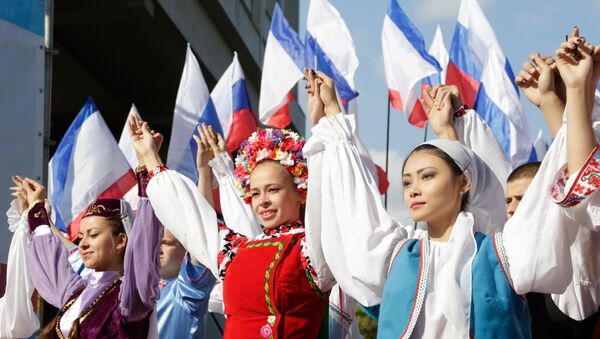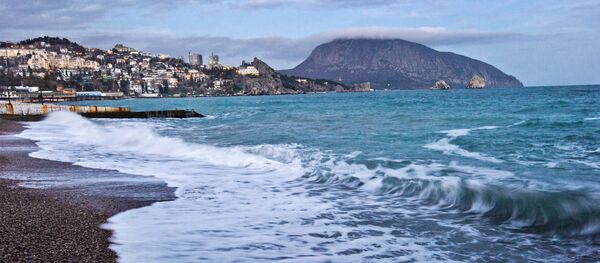As Czech MP Jaroslav Holík told Sputnik, he talked a lot with the locals right on the streets of Yalta and Simferopol, asking them direct questions about the current situation in Crimea.
"The goal of my voyage was to meet common people and hear their opinions about life under the new administrative and political system, and it was an interesting experience. Everyone with whom I talked in the streets, at the Simferopol University and at the Spiritual Administration of Muslims of Crimea, they all expressed content with the changes that took place. I only met one many who refused to talk to me, while everyone else beamed with optimism," Holik said.
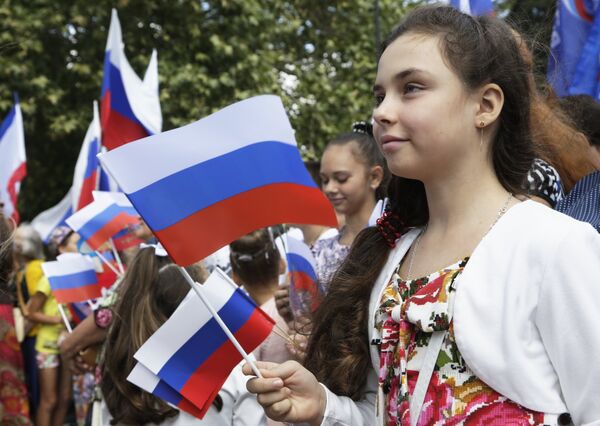
He pointed out that he conversed with members of virtually all ethnic groups living in Crimea, including Russians, Ukrainians and Crimean Tatars, and it was clear that all of these people were satisfied because they finally attained a feeling of stability and certainty.
"They all emphasized the fact that their return to Russia was peaceful, that not a single shot was fired. Of course, their life today is not an easy one, as the people suffer from periodic blackouts and water shortages. ‘But we’ll deal with this; what matters is that we feel safe and that we don’t have to fear for the future of our children’ is what nearly every person in Crimea says," Holik explained.
https://t.co/nkCZ0NCHK1 Вежливые люди вернули Крым домой! / Go home! pic.twitter.com/RWfVxnbYxF
— Andrey (@soulnsk) 9 января 2016 г.
According to the Czech MP, he didn’t encounter a single case of human rights violations during his visit to Crimea, and learned instead that there are three languages being officially used on the peninsula – Russian, Ukrainian and Crimean Tatar – without the slightest hint of discrimination.
"I do believe that someday politicians will sit down at the negotiating table to resolve the Crimean issue. But they all need to take into account that the people of Crimea are content with their fate, that they are happy to finally return to Russia; that these people’s eyes sparkle when they talk about the changes," Holik said.
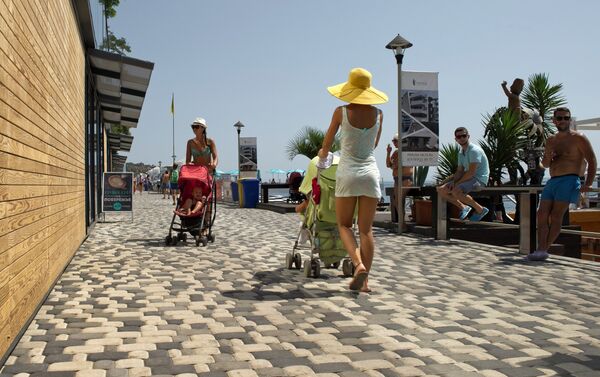
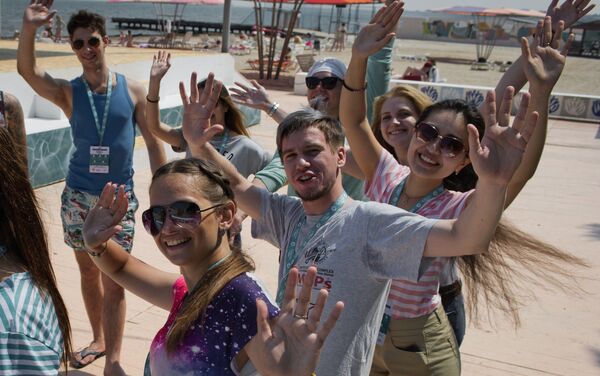
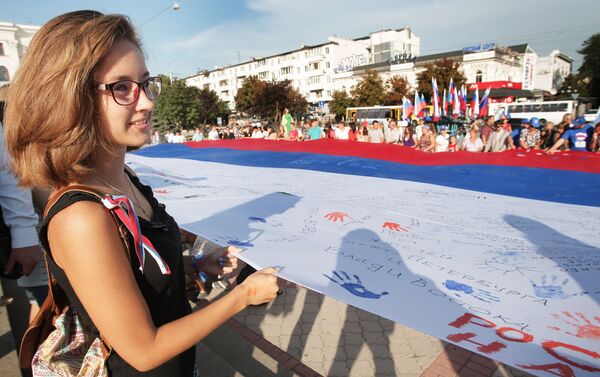
Crimea rejoined Russia after a 2014 referendum, when almost 97 percent of the region's population voted for the reunification. In Sevastopol, which is politically independent of the rest of Crimea due to its federal city status, 95.6 percent of voters supported the move.


